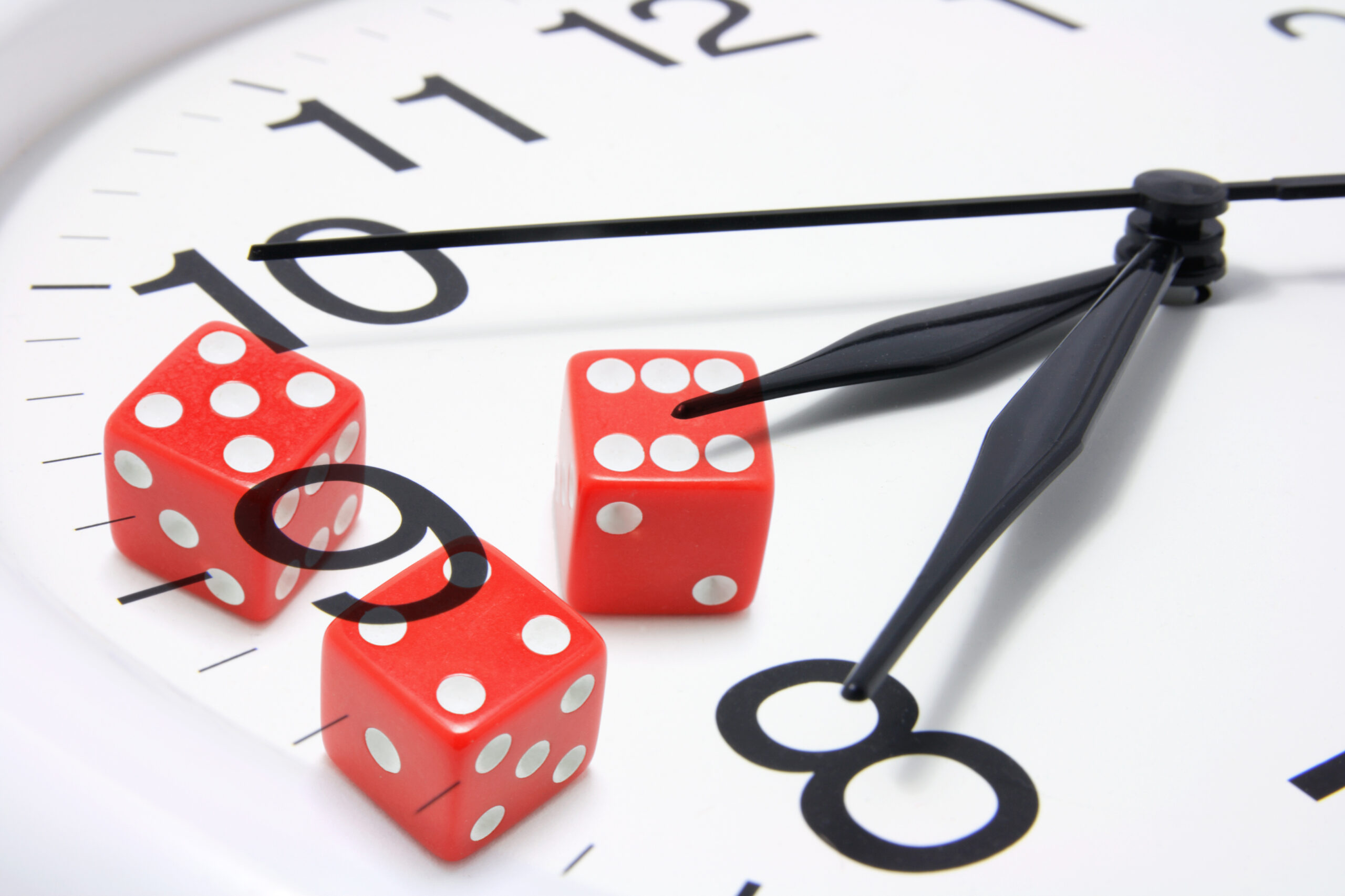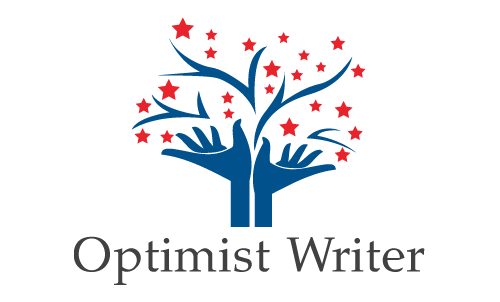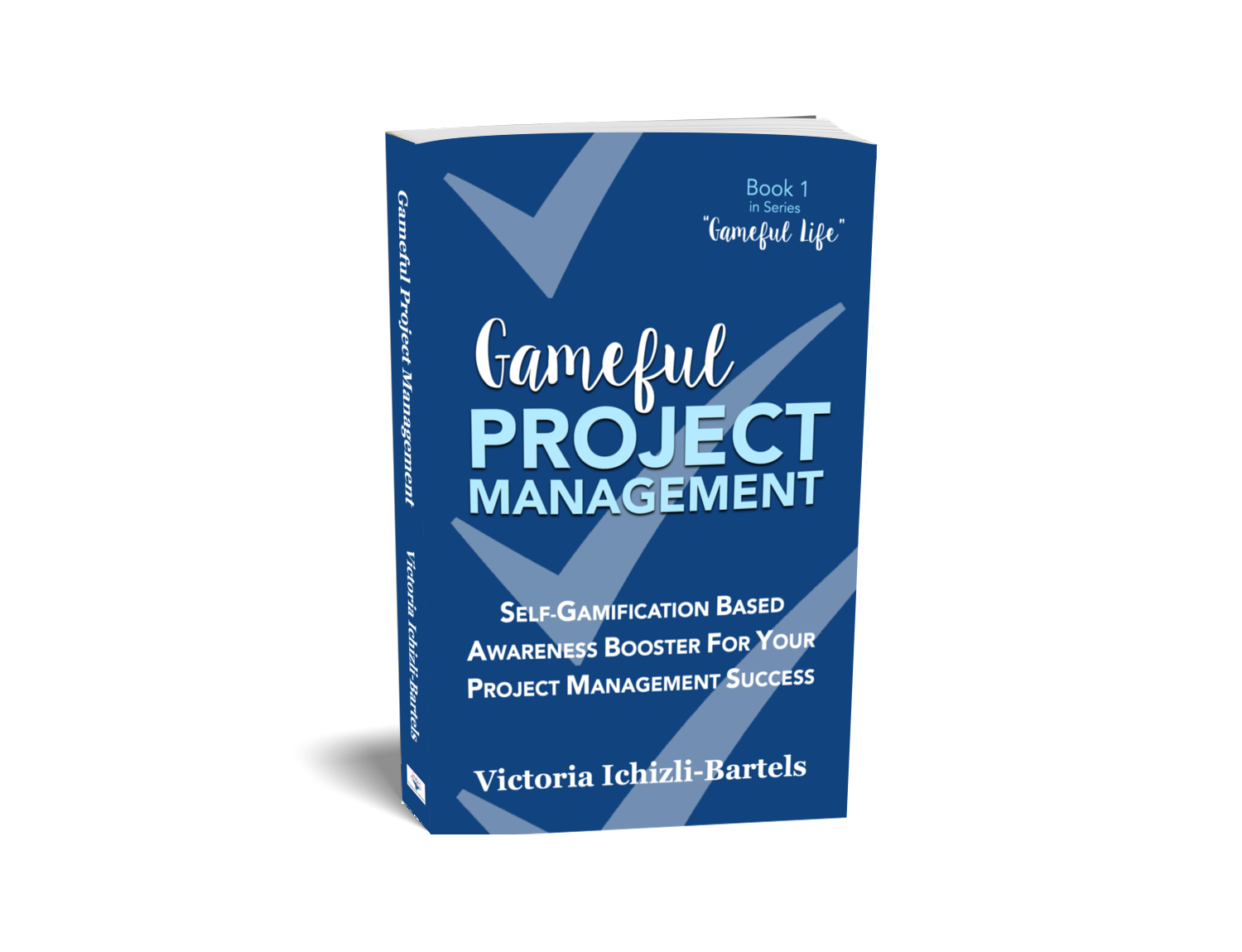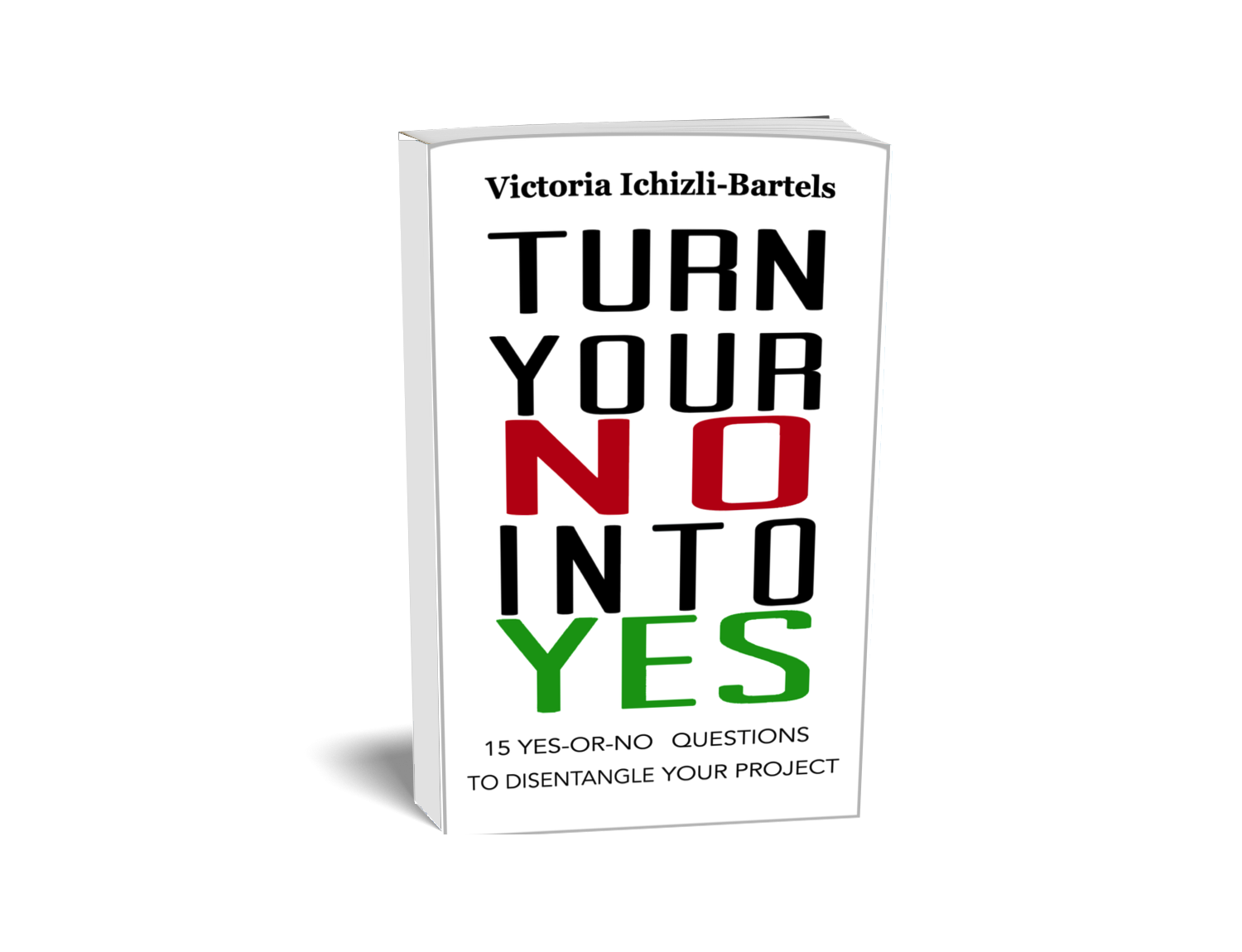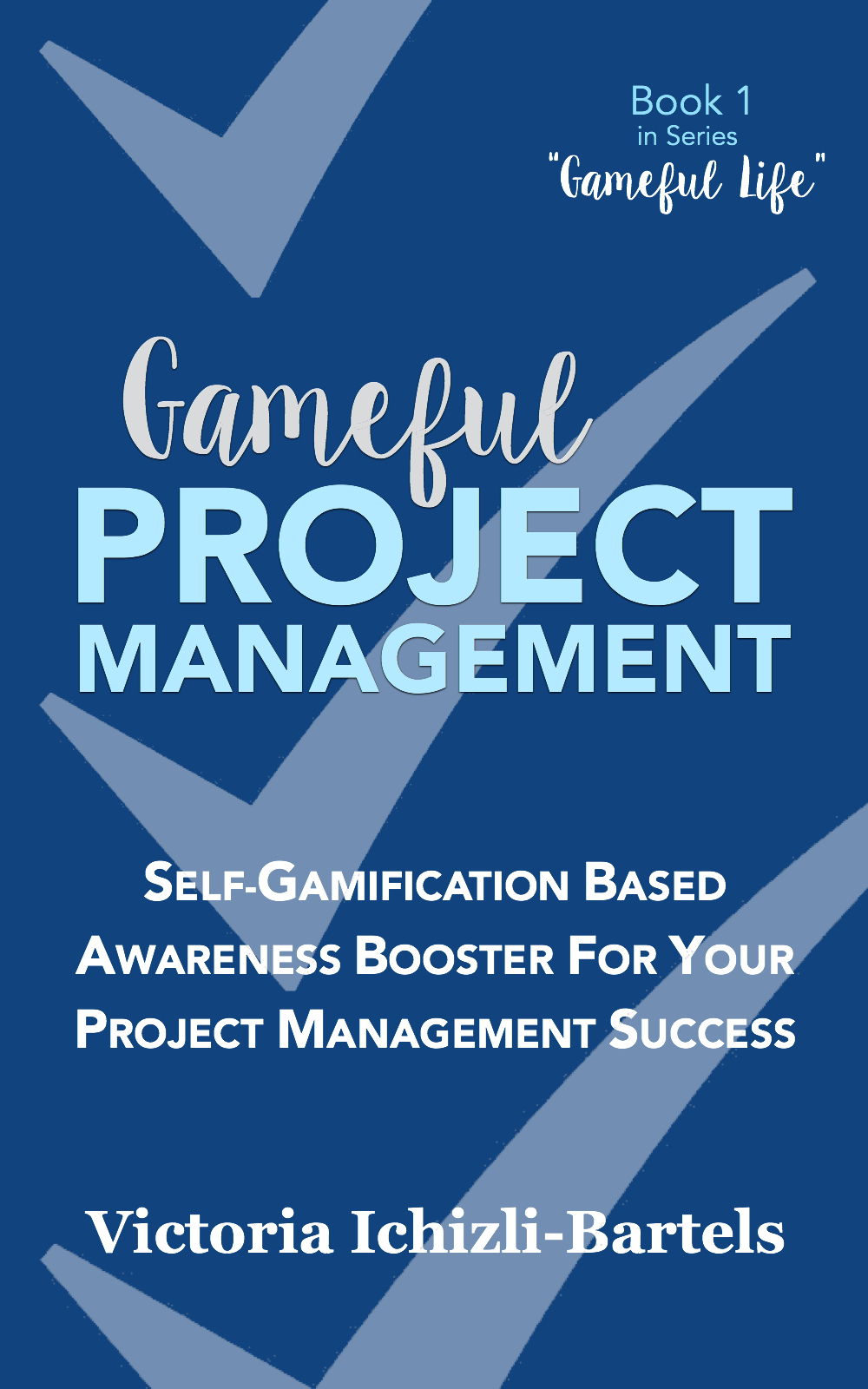Reading time: 7 minutes.
You can turn any project and any activity into a game — both at work and at home.
There is also another aspect of what we can or maybe should gamify (turn into games). I discovered that most satisfaction comes when I turn those tasks into games that appear tricky and tough. A task seems tough and overwhelming when I resist it. Turning those tough tasks into enjoyable and fun activities helps me melt my procrastination and increase my desire to “play” them. That is the actual fun of Self-Gamification.
Let’s look into this a little more.
Many of us have learned at various points in our lives to classify our projects and tasks into urgent and non-urgent, important and unimportant. I learned and tried to apply this system multiple times too.
While turning my life into games, and by observing myself and the world around me non-judgmentally, I discovered that there are only two types of projects and tasks depending on how I treat them.
I either:
- escape from them, or
- escape to them.
That is it. Nothing more.
There is, of course, psychological research about how and why we behave in various situations. Human behavior is so complex that there are numerous scientific disciplines studying and trying to explain it.
Thus, it is even more amazing to realize that independent of the causes for our actions, we treat whatever we want or have to do in only two ways:
- We either avoid them (in other words, we don’t do them), or
- Do them while escaping from other things.
Escape-from tasks
What are the tasks and projects from which we tend to escape — those we procrastinate about before attending to, or avoid forever? What are these?
When I considered what these were for me, I realized that there were again two types, or sub-types, of projects and tasks, independent of whether they had to do with work, my family and friends, or myself.
My thought processes determined these two sub-types of escape-from tasks, and this is how I thought of them:
- Sub-type 1: I either felt that I wanted to do them very much, but didn’t have time for them, or
- Sub-type 2: I thought I didn’t want to do them but had to do them.
Here are some examples of the tasks I wanted to do but thought that I didn’t have time for (sub-type 1):
- I wanted to spend more time writing my works-in-progress during the day but I couldn’t because I had so many other things to do.
- I wanted to learn and speak better Danish (since I live in Denmark).
Here are examples of the tasks I needed to do because I had committed to them, but claimed or thought that I didn’t want to do them (sub-type 2):
- I didn’t like doing bookkeeping for my business, but I had to.
- I didn’t like working out or doing any kinds of sports, but I had to because it was better for my health.
While practicing Self-Gamification, I discovered something surprising that now sounds logical and revealing to me. The tasks we ”have” to do must also be something we ”want” to do. Otherwise, we wouldn’t keep them around but would give them up entirely after some time. We can become aware of this by recognizing that they are, in fact, parts of the more significant projects or goals we want to achieve. Such as preparing for exams to get the degree we want.
Escape-to tasks
Now, let’s consider the things that we escape to. The things that we choose to do before those discussed in the previous section. Let’s take a look at the projects and tasks we blame for our procrastination of escape-from tasks.
I discovered that here, there are also two sub-types. There are “obvious” and “productive” escape-to tasks.
The obvious are those we describe as, “I deserve a break, so I’ll do that instead of what I planned to do.”
These could be, for example, watching TV or random videos on YouTube, reading a book for leisure, playing an online game, staying in bed, spending time on social media, surfing the internet, etc.
And the second type is productive activities, but not necessarily those that are urgent or necessary to reach our set goals. Instead, these are beneficial but non-urgent, and things we might attend to when we “should” be doing other more pressing activities or those we claim we want to do.
For me, that used to be doing laundry (or in the absence of it, other household chores). If I was finding it a challenge to write an article or a blog post or a book chapter or to compile advertising copy for my books and services, I sometimes followed the impulse to go and check if there were enough dirty clothes to wash or any clean and dry laundry to fold.
Others might choose, for example, gardening before any other things they have to do. Or, if you work in an office, you might find yourself re-structuring the folders on your shelves (or in your computer file system) or some similarly useful but not necessarily urgent activity.
Escape-from and escape-to tasks can switch places
While reading (or listening to) the above, you might have had difficulties to differentiate clearly between escape-from and escape-to activities, when thinking of yours.
That could be because the activities we escape from can become those we escape to and vice versa, depending on our state of mind.
The first time I noticed that for me was when I was putting off laundry and checking the books for my business almost daily, even if there were rarely daily income and expense entries for a one-person business, while I let laundry grow into a considerable mountain.
How can this classification help you?
You might have felt a little uncomfortable looking at what you escape from and escape to and also at the complexity of your thought processes. So why doing it?
First of all, its purpose is to give you a simple approach to study your behavior toward various projects and activities, as well as your thought processes, anthropologically, in other words, non-judgmentally.
This consideration is also meant to make you aware that you procrastinate not only the things you think you don’t want to do but have to, but also those projects about which you think you cherish.
The awareness about what your escape-from and escape-to projects and activities are, in various situations and state of your mind, can help you design your Self-Motivational Games in such a way that you create an enticing challenge. Above that, you can give yourself more rewards for your escape-from projects and activities, and limit your rewards for the escape-activities.
For example, I limited points to a maximum of one per day for doing laundry. If I gained a point for it on a particular day, trying to do more laundry wouldn’t earn me another point. That motivated me to come back to writing and other activities I feared and procrastinated about so that I could make more points there. Giving myself a point for each tiny bit of a task I procrastinated about, for example, for writing a paragraph for my book or working a few minutes on another escape-from project made those tasks more attractive and effortless to accomplish.
If an escape-to task switched places with an escape-from task, then I adjusted my Self-Motivational Game correspondingly. For example, I had the following game-design twist for the example above, when laundry and book-keeping for my company switched places. I have reserved a spot on my calendar for each Friday to check my business and private accounts and update my business books and personal expenses. Until Friday came, I wouldn’t get any checkmark (or point) for doing this task. Now I was free to do the other tasks I had on my to-do list like laundry, for example, which had become an escape-from task.
Your gameful epiphanies for today:
Before you go on with your day, contemplate what epiphanies you had while reading this piece. Jot them down and revisit later as you had more time to digest what was said here. You are also welcome to share them with me on my social media or by writing me an e-mail (see Contact).
If you want to learn more:
Sign up to Optimist Writer’s Blog to follow the Gameful Project Management series.
Check out my coaching and consulting services to work directly with me.
Take a look into my book Self-Gamification Happiness Formula.
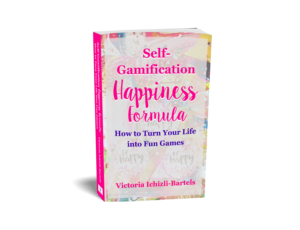
Go to this link for the list of all the resources I offer on Self-Gamification.
